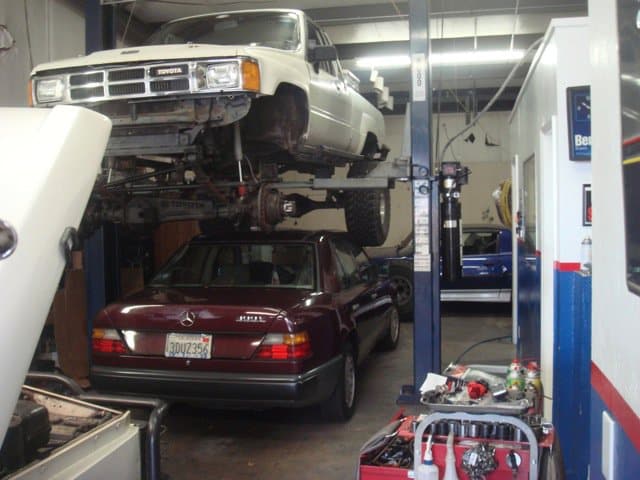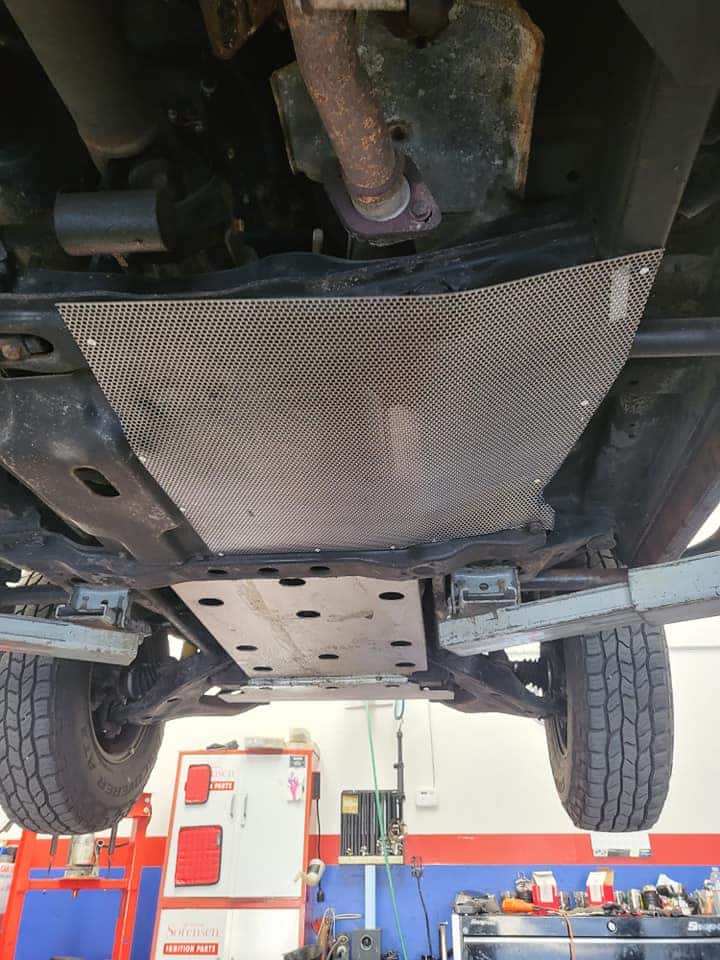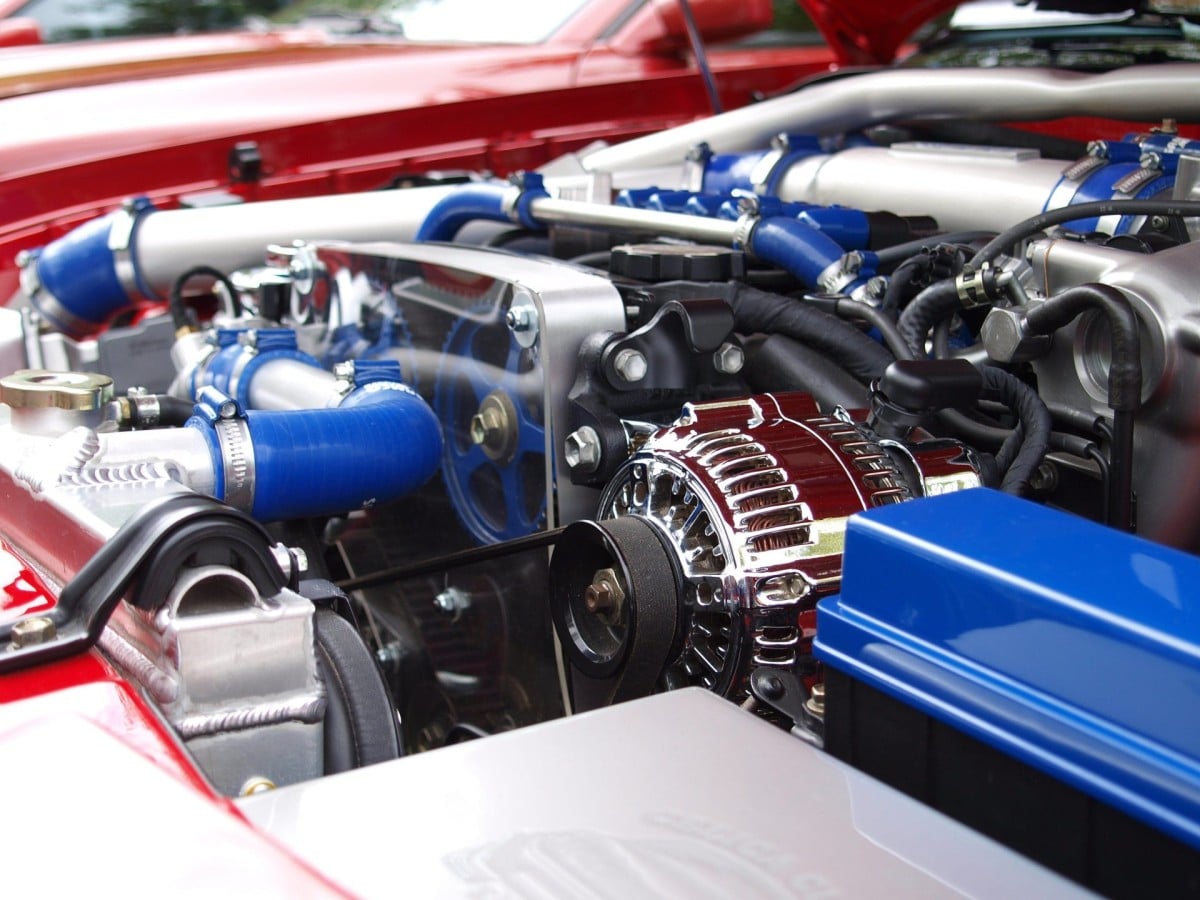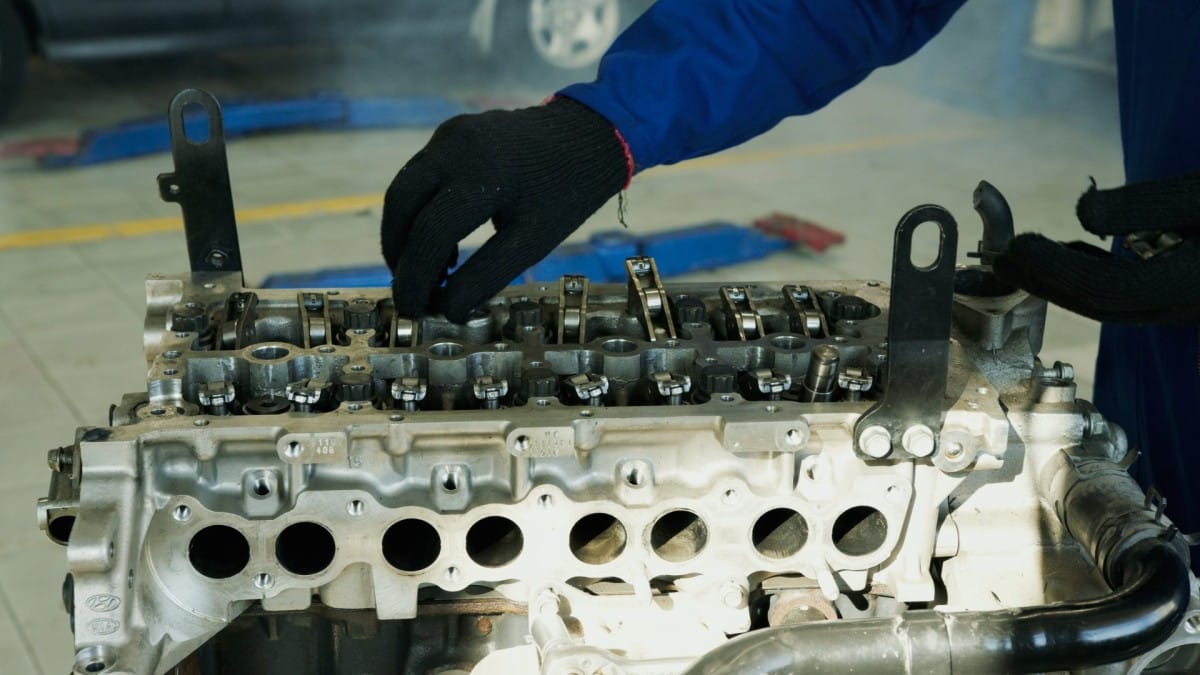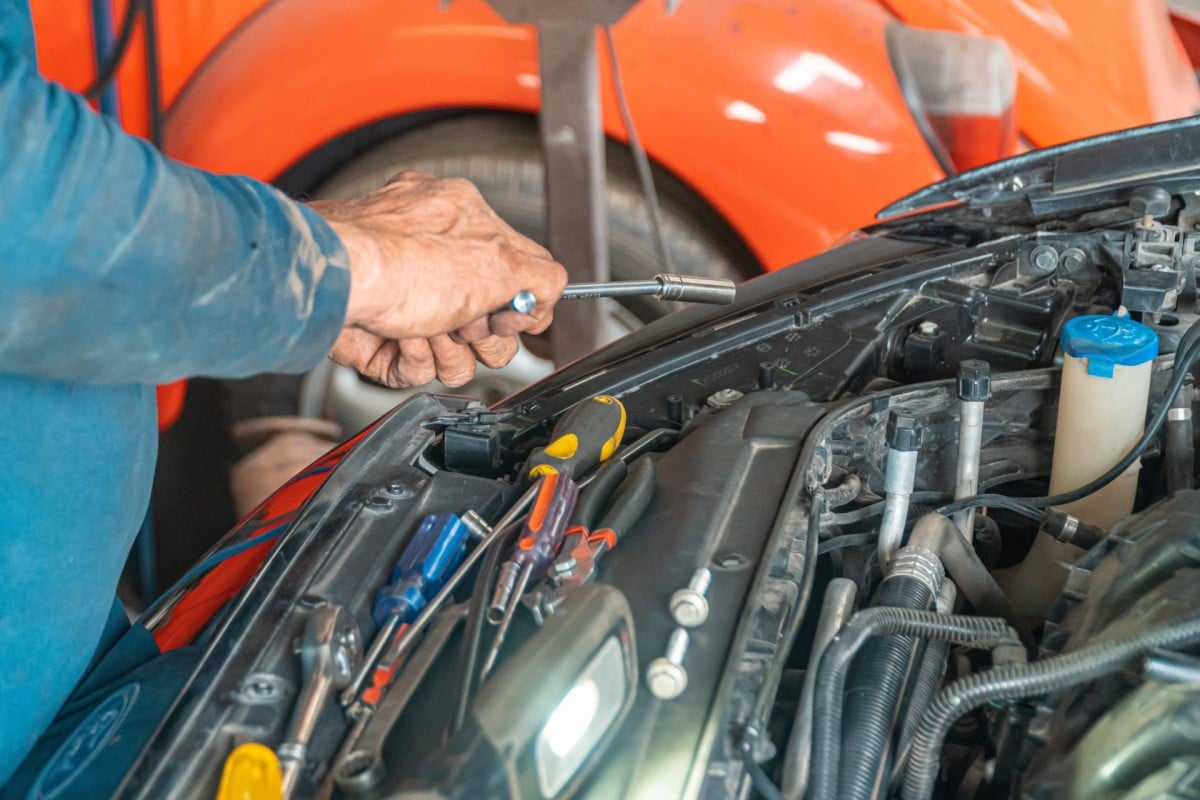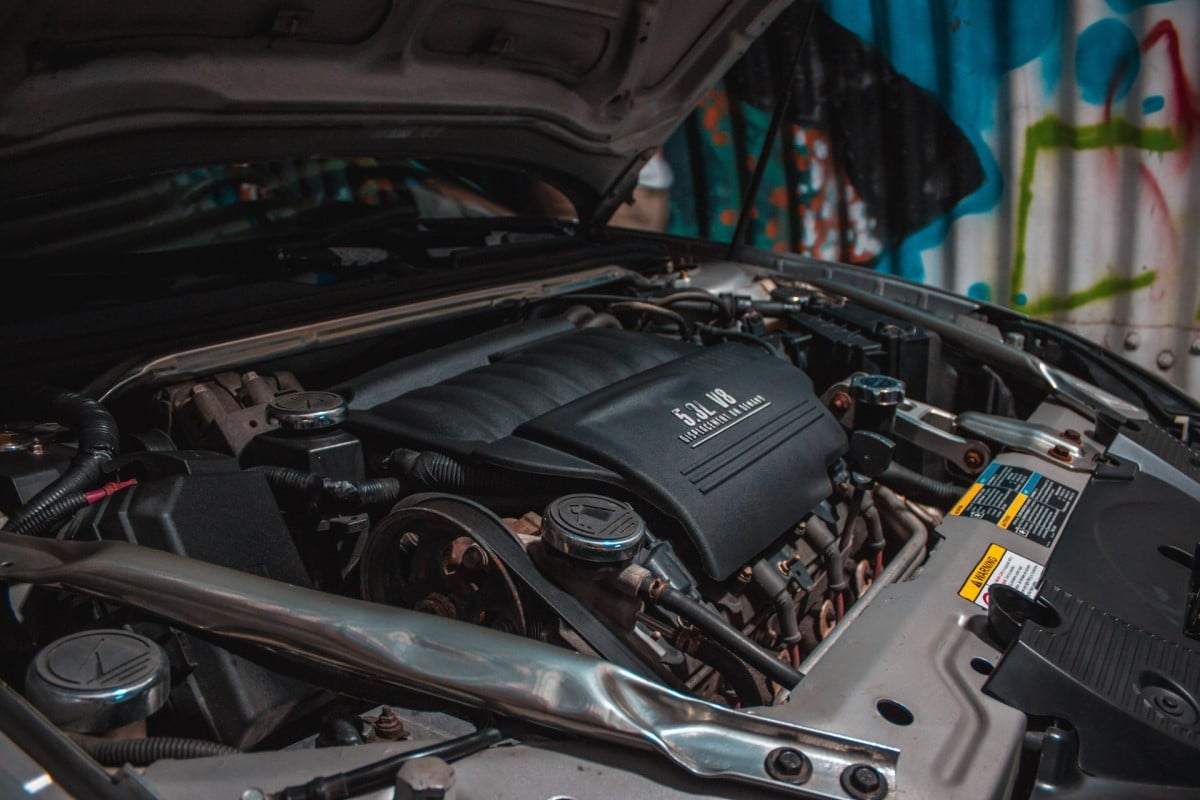When shopping for a used car or assessing the health of your own vehicle, one common question that often arises is, “What is considered high mileage on a car?” The answer to this question isn't always straightforward, as it can vary depending on various factors. Understanding what constitutes high mileage is essential for making informed decisions about purchasing, maintaining, or selling a vehicle.
1. Vehicle Type and Make
The definition of high mileage can differ depending on the type and make of the vehicle. Some cars are built to withstand higher mileage better than others. For example, luxury cars and certain high-performance vehicles may be designed for long-term use and can still be considered in good condition with higher mileage, such as 100,000 miles or more.
2. Maintenance History
A well-maintained car can endure higher mileage without significant issues. Regular servicing, timely oil changes, and adherence to the manufacturer's maintenance schedule can extend a vehicle's life and keep it running smoothly. In contrast, a vehicle with a history of neglect or deferred maintenance may experience problems at lower mileage thresholds.
3. Driving Conditions
The conditions in which a car is driven play a crucial role in determining what is considered high mileage. Cars used for daily highway commuting may accumulate miles differently than those primarily driven in stop-and-go city traffic. Highway miles are generally less stressful on a vehicle than urban miles, so a car with higher highway miles may still be in better condition.
4. Mechanical Wear
Certain components of a vehicle wear out over time, regardless of mileage. Factors like the quality of materials, design, and engineering can influence how well a car withstands wear and tear. High-quality vehicles may maintain better performance and reliability even with higher mileage.
5. Resale Value
High mileage can impact the resale value of a vehicle. Potential buyers often view lower mileage as a selling point. However, a well-maintained car with higher mileage may still have value and appeal to buyers seeking reliability and a lower purchase price.
6. Age of the Vehicle
The age of the vehicle is an important consideration when determining high mileage. A 10-year-old car with 100,000 miles may be viewed differently than a 3-year-old car with the same mileage. Older cars may face increased wear and potential issues, making high mileage a relative concept.
In summary, what is considered high mileage on a car can vary depending on several factors, including the vehicle type, maintenance history, driving conditions, mechanical wear, and the age of the vehicle. While there's no fixed threshold for high mileage, many experts consider a car with 100,000 miles or more to have reached a significant milestone. However, the key to assessing a vehicle's condition isn't just the mileage alone; it's a combination of these factors.
Before purchasing a used car or deciding whether to keep your current vehicle, it's essential to have a trusted mechanic inspect it thoroughly. They can provide insights into its condition and help you make an informed decision based on more than just the odometer reading. Ultimately, the right car for you may be one that's been well cared for and meets your specific needs, whether it has 50,000 miles or 150,000 miles.


